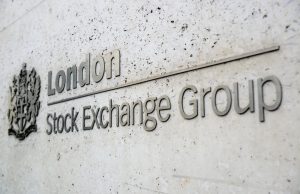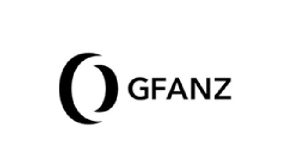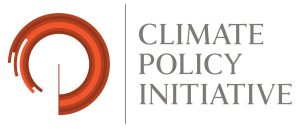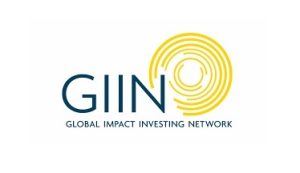European Sustainability Reporting Standards ESRS
The European Union adopted the European Sustainability Reporting Standards ESRS, which aims to promote sustainable economic development in Europe.
As part of the European Green Deal, ESRS can help companies disclose risks and opportunities brought about by social and environmental issues, and it can also help investors, consumers and other stakeholders evaluate companies’ sustainable development performance.
Establishment of European Sustainability Reporting Standards ESRS
The ESRS adopted by the EU is based on the draft issued by the European Financial Reporting Advisory Group (EFRAG). In November last year, EFRAG submitted a draft standard to the EU, and the EU sought relevant comments from European regulators ESAs (European Securities and Markets Authority, European Banking Authority, and European Insurance and Occupational Pensions Authority) this year.
In June, the European Union revised ESRS, reducing data disclosure requirements by 40%, and ensuring that ESRS disclosure rules are in line with IFRS S1 and IFRS S2 issued by the International Sustainability Standards Board (ISSB) in the second quarter. be consistent. The EU has also amended the rules for determining the substantive principles in the ESRS, leaving it to companies to decide on their own.
Related Post: EU Revised European Sustainability Reporting Standards

Contents of European Sustainability Reporting Standards ESRS
The European Union implements the double materiality principle in ESRS, requiring companies to disclose the social and environmental impact of business activities, and at the same time disclose the risks and opportunities that society and the environment pose to the company. Specifically, the ESRS requires disclosure of the following:
| Group | Number | Subject |
| Cross-cutting | ESRS 1 | General Requirements |
| Cross-cutting | ESRS 2 | General Disclosures |
| Environment | ESRS E1 | Climate |
| Environment | ESRS E2 | Pollution |
| Environment | ESRS E3 | Water and marine resources |
| Environment | ESRS E4 | Biodiversity and ecosystems |
| Environment | ESRS E5 | Resource use and circular economy |
| Social | ESRS S1 | Own workforce |
| Social | ESRS S2 | Workers in the value chain |
| Social | ESRS S3 | Affected communities |
| Social | ESRS S4 | Consumers and end users |
| Governance | ESRS G1 | Business conduct |
ESRS 1 sets out the general principles that apply when reporting under ESRS and does not set specific disclosure requirements. ESRS 2 stipulates the basic information that all companies need to disclose. The other disclosures can be materially assessed by the company itself and only report information related to the company’s business activities.
To ensure the accuracy of information disclosure, the EU requires companies to accept external audits in their assessment process. When a company chooses not to disclose information with relevant standards, it needs to give a detailed explanation.
Sustainability Reporting Standards and Global Standards
The EU believes that ESRS needs to be consistent with the relevant standards developed by the ISSB and the Global Reporting Initiative (GRI). EFRAG has referred to the relevant standards of GRI when formulating the draft. Before the official release of ESRS, the EU has discussed with ISSB to ensure the consistency between ESRS and ISSB’s IFRS S1 and IFRS S2.
ESRS is also consistent with the EU’s sustainable financial policy and the requirements of the European Green Deal. ESRS includes standards on environmental, social and governance issues and requires companies to report on the impact of their operations on people and the environment. Compared with other international standards, ESRS puts more emphasis on environmental and social issues, and its financial standards are weaker than ISSB’s IFRS S1 standard.
How Companies Implement Sustainability Reporting Standards
ESRS makes different requirements for the reporting time of different companies, specifically:
- Large public companies and non-listed companies with more than 500 employees subject to the Non-Financial Reporting Directive (NFRD): start in the 2024 financial year and publish the first sustainability report in 2025.
- Other large companies (both listed and unlisted): start in financial year 2025 and publish the first sustainability report in 2026.
- Listed SMEs: Start in FY2026 and publish the first sustainability report in 2027. This type of business still has two years of exemption time, that is, it can start in the financial year 2028 at the latest and publish the first sustainability report in 2029.
Reference:





